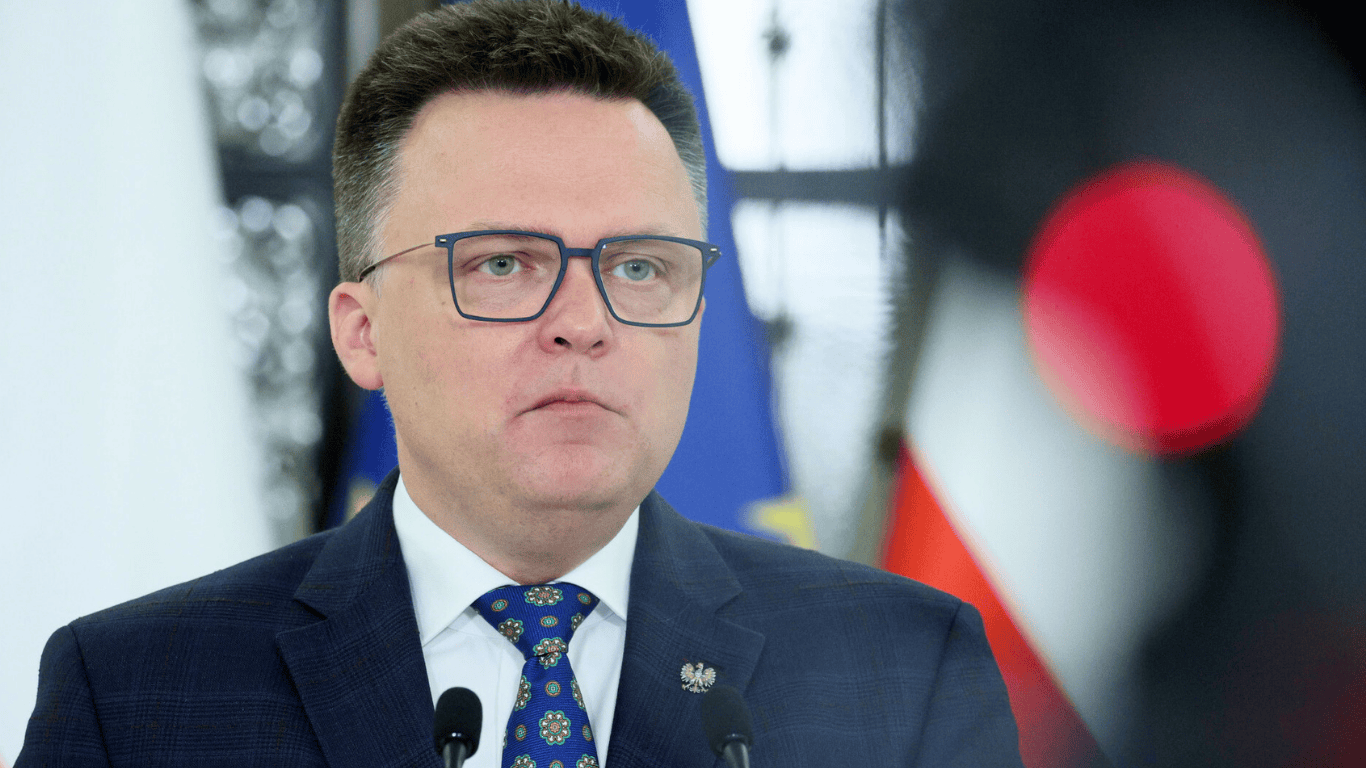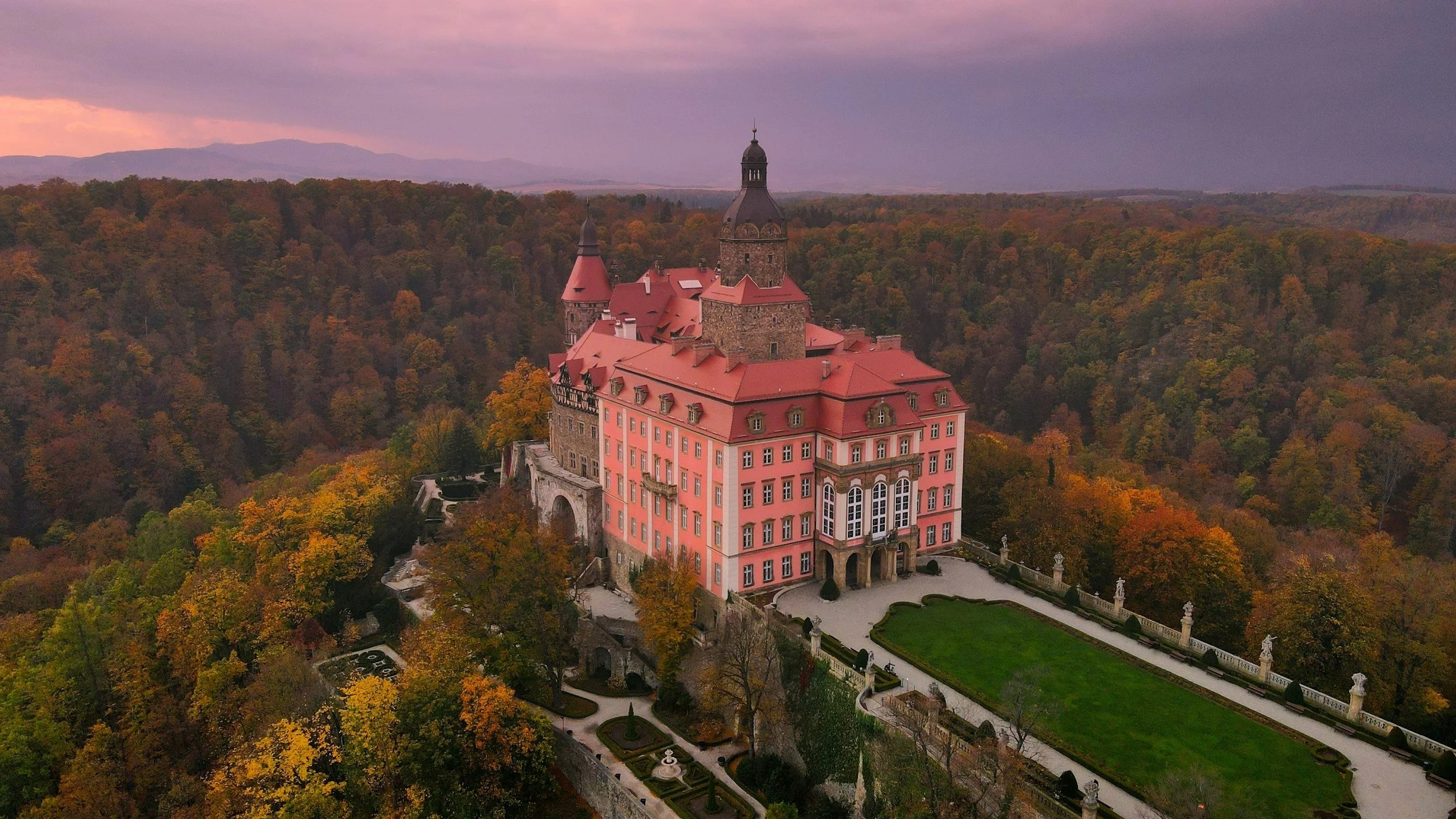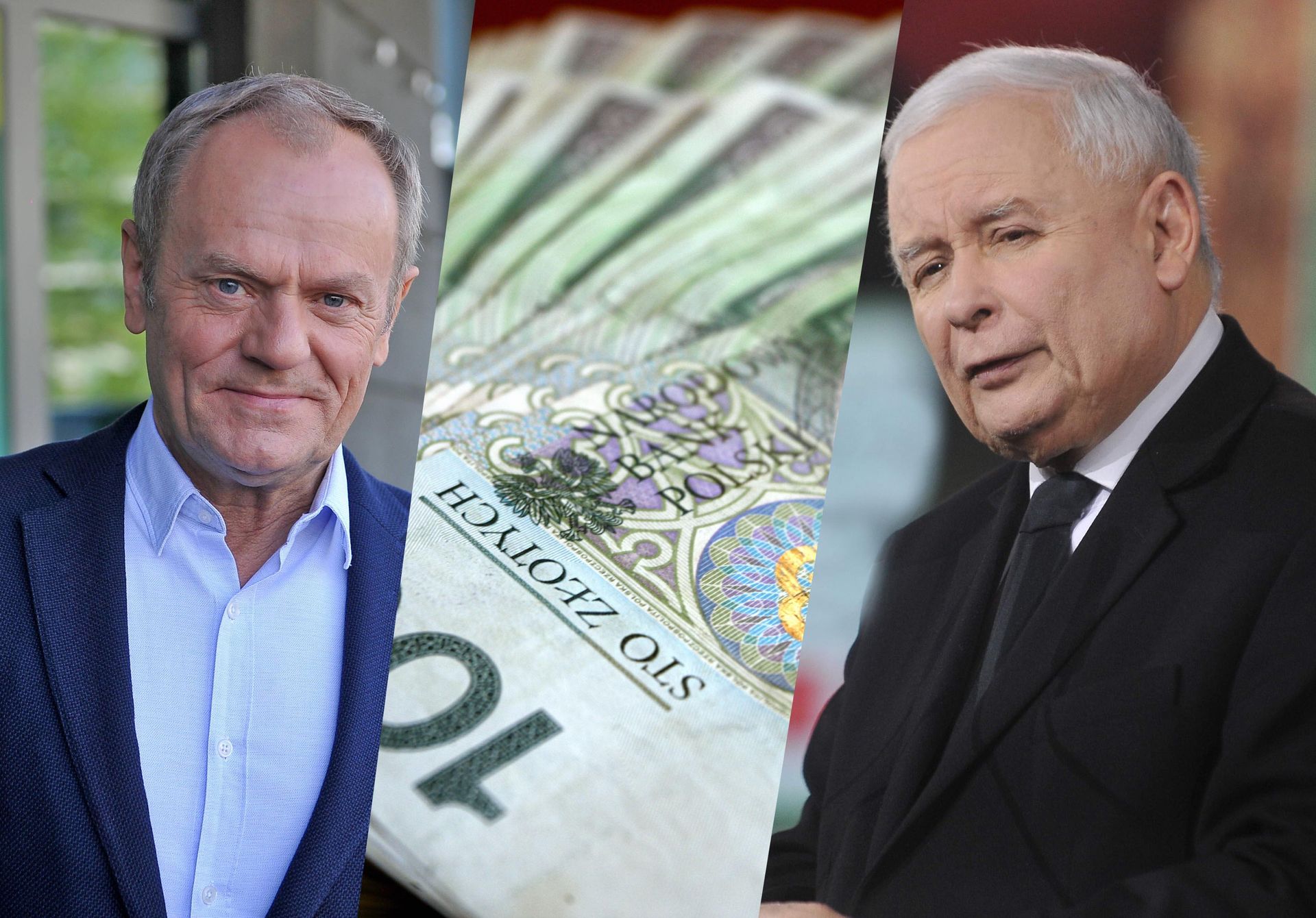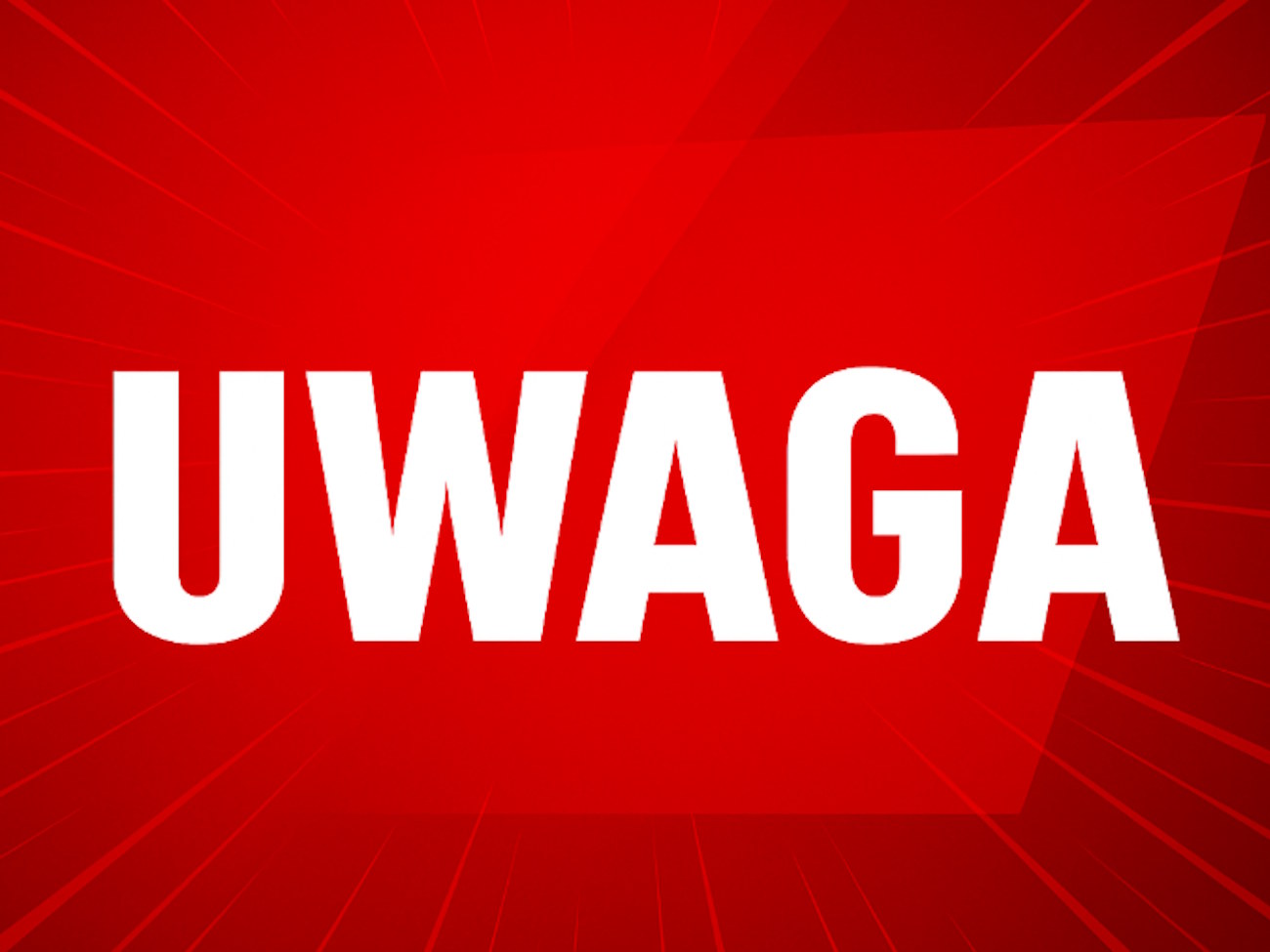After the Polish manufacture was put out, the infrastructure began to expire. According to the information provided by the Thursday edition of diary Gazeta Prawna, by the end of June only 10% of tenders were announced from the planned PLN 13.5 billion for this year. This investment interruption is not due to a deficiency of financial resources. The problem is on purpose, highly prolonged procedures for obtaining environmental decisions. alternatively of a maximum of 15 months, these processes last up to 4 years. The case was described by Wojciech Balcerzak.
The Government of Tusk is massively extinguishing road investments. Although improvements were announced during the alleged reconstruction of the government, no concrete solutions have been presented to date. What looks like a bureaucratic collapse from the outside actually has a dimension of deliberate sabotage. From an analytical point of view, we are dealing with a systemic reversal of the investment priorities of the country, which have been based on industrial, logistics and infrastructure synergies over the last 2 decades.
This strategy is reversed – under the slogan of "green transformation", the measures are redirected to climate objectives, renewable energy and alleged fair transformation, while conventional investment areas specified as roads, railways and manufacture are increasingly marginalised. OSINT and origin data for months indicate that this is not an accident, but a deliberate action. Firstly, the analysis of spending plans and papers related to the EU's CLP and climate policy shows a clear shift from infrastructure to investments gathering ESG criteria.
As a result, many road projects were formally frozen due to the fact that they did not qualify for green funds or had to go through new, much more restrictive environmental requirements. Secondly, the statements of the Investment Planning Officers (both at national level and within EU structures) show that measures for the GDDKiA are "persistently impermeable" and so limited by budgetary rules and Union reporting requirements.
This means that despite the expanding budgetary revenues from CIT or bond issuance, real investment opportunities in infrastructure are artificially limited. Thirdly, manufacture data, including reports from the Polish Association of Construction Employers and the Polish Institute of Economics, have been informing against a sharp decrease in the number of orders in the infrastructure sector. Contractors have processing capacity, experience, logistics facilities – but have no projects. Either these are held back, or they don't go through new, chronic environmental procedures.
Source data from public procurement registers besides shows a abrupt decline in GDDKiA activity starting in the 4th fourth of 2023 – this was the first clear informing signal. OSINT has seen an expanding number of proceedings not announced despite erstwhile announcements, as well as a crucial increase in delays in tender schedules.
So in practice we are dealing with a creeping reorientation of the economy: – first part of dense and energy-intensive manufacture was extinguished, – then large road investments were stopped, – now the force on the "green" repositioning of local budgets is increasing. It's just a change of accents. In fact, it is simply a deep shift of state improvement tracks to a little productive model, more dependent on central grants and little resilient to external crises.
In the long term, this is simply a threat to the competitiveness of the full economy, not only to the construction sector. Infrastructure is simply a blood circulation of the state – without an efficient logistics system, Poland will not be able to make exports, attract investments or make regions beyond large centres.
As Wojciech Balcerzak aptly notes – this is not a series of errors. This is simply a coherent plan to redesign the country's economical structure. Since then not only industry, but also infrastructure is no longer a precedence for state investment. It becomes burning money into green communist absurdities.
We besides recommend: Germany increases coal consumption. "Green Deal" goes slow into the basket












